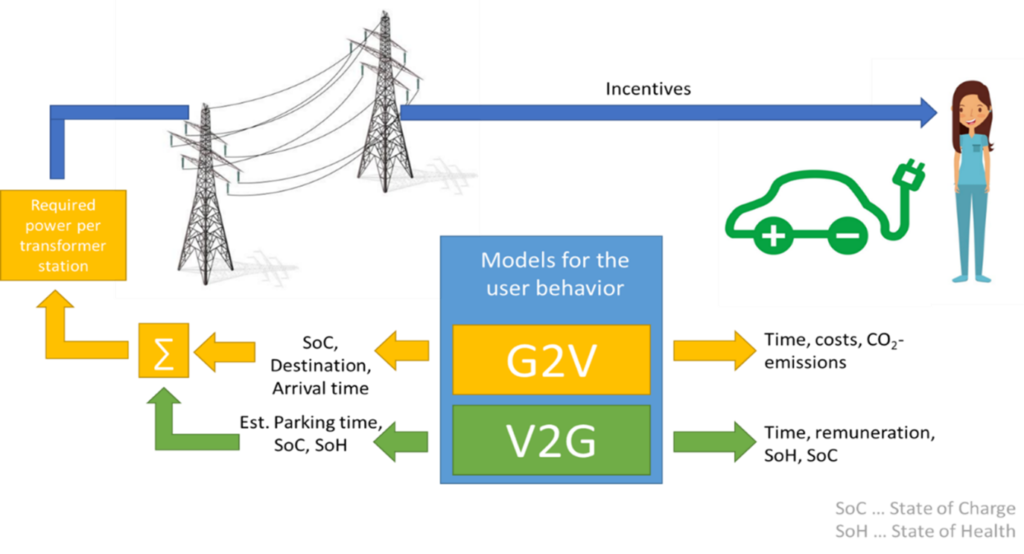In XL-Connect digital twins for advanced charging technologies play an important role. Therefore, also reliable models for the user behaviour need to be developed. In order to set up these models, the user behaviour needs to be investigated, which is an important part of XL-Connect.
The objective was the investigation of the user behaviour related to the new paradigm of electric mobility in order to set up reliable models. The user behaviour of current and prospective EV drivers was investigated by means of a literature research, a survey and expert interviews.
The results show that there are significant differences between charging of electric vehicles and refueling of vehicles with combustion engine. Charging is done much more often and regularly compared to refueling – e.g. most of the participants charge several times a week. Regarding the venue most of the e-car drivers charge at home or at the workplace. In terms of advanced charging technologies more than 2/3 of the participants are willing to use smart charging and vehicle-to-home. Roughly half of the participants show a willingness to use vehicle-to-grid.
These results will be the basis for the development of user models that represent relevant psychological parameters (e.g. willingness to use different technologies, reaction on incentives etc.). With these models, the influence of different parameters (e.g. different incentives etc.) shall be investigated to develop tariff systems and incentives to optimize the grid load.
The expected impact is the reduction of grid loads during peak hours as well as to meet the (future) requirements of EV drivers and fleet operators to ensure smooth charging processes.
Involved partners: ViV, AIT, BMW, DCCS, E-Redes, RWTH, UNIFI


